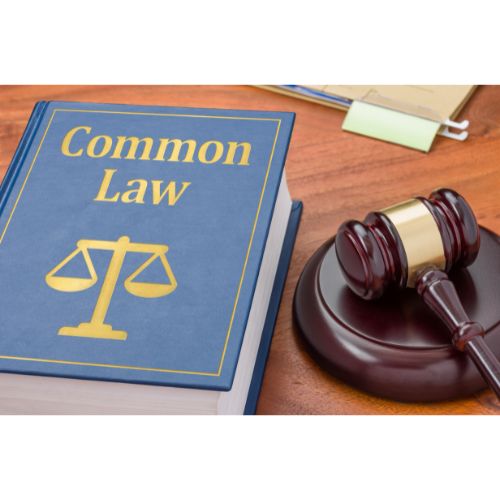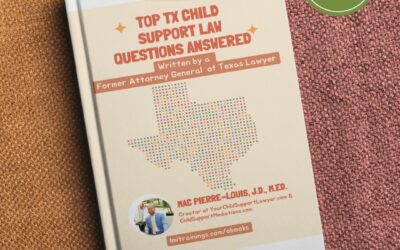Are you Sure You Have a Common Law Marriage? Texas Common Law Marriage Requirements
 Some Texas couples live together for years but never get a marriage license. They believe that because they share the same home, have children together, and mix their money, they have a “common-law marriage” that is equal in terms, rights, and duties to a more typical marriage entered into under a state-issued marriage license. But what are the Texas Common Law Marriage Requirements?
Some Texas couples live together for years but never get a marriage license. They believe that because they share the same home, have children together, and mix their money, they have a “common-law marriage” that is equal in terms, rights, and duties to a more typical marriage entered into under a state-issued marriage license. But what are the Texas Common Law Marriage Requirements?
Informal Marriage in Texas
Informal marriage, commonly known as “common-law marriage”, is a marriage without the formality of a state-issued marriage license or participation in a marriage ceremony. Under Texas law, a common law marriage union happens when 3 elements are met:
- The couple agree to be married;
- The couple live together in Texas;
- The couple “hold out” or let the public know there are married.
If a couple satisfies these elements, they have a common-law marriage with all the same trappings of licensed marriages, including inheritance and divorce rights. Although, in the case of a divorce, a court must first establish the couple was married informally in the first place.
When entering an informal marriage, since an informal marriage IS a marriage, all the same requirements to make the informal marriage valid are needed just as a licensed marriage. For example, as with a licensed marriage, informal marriage participants can’t be too close in familial relationship (i.e., you can’t marry your sister under informal marriage), and parties must be of valid age and must consent (i.e., no child brides under informal marriage).
Do you have a common law marriage?
Many people in cohabiting relationships assume they have a common law marriage because they believe they satisfy the 3 elements for informal marriage: agree to be married, live together, and hold out publicly that they are married. However, a shock sometimes comes when one partner reveals they were never informally married, nor intended to be. This has big consequences for both parties. When a long term cohabiting relationship breaks down and the parties do not agree on whether there was an informal marriage, it will be up to the party claiming there was an informal marriage to prove it existed and have it declared so by a court. One reason a party may want such as declaration is to take advantage of divorce laws and to protect their interests.
Proving Informal Marriage Requirements
The problem of proving an informal marriage usually arises with proving each of the 3 elements.
- Did you two truly agree to be married?
- Both parties must agree. Can you prove an agreement? Was it recorded? Did she write her agreement down? Did he give her a ring inscribed with “yours forever my bride”?
- Did you two truly live together in Texas as spouses?
- Both parties must live together. Did you really live together within this state or just lived in separate residences? Did you sign a lease together? Buy a home together? Pay bills or mix your money together?
- Did you two truly hold out and let the public know you were spouses?
- Does she go by Mrs.? Did he introduce you as “his wife” to family, friends, and strangers? Did you do things as a couple/as a family in the community? Attend marriage counseling together?
A party unable to prove she and her partner had an informal marriage does not have an informal marriage. Unless the other party agrees there is an informal marriage, there is not one.
Note that in the State of Florida, where I am also licensed to practice law, there is no longer such a thing as “common law marriage” under the law. Since 1968, you are either married with a valid state issued marriage license, or you’re not married at all. Very simple! In Texas and in other states where common law marriage is legal, cohabiting parties without marriage licenses should know their rights. More importantly, they should know their “spouse.” Lastly, if the risk of a “declaration of informal marriage” lawsuit is too much to bear, get a marriage license. Parties with questions on common law marriage should seek out a competent attorney on the topic.





